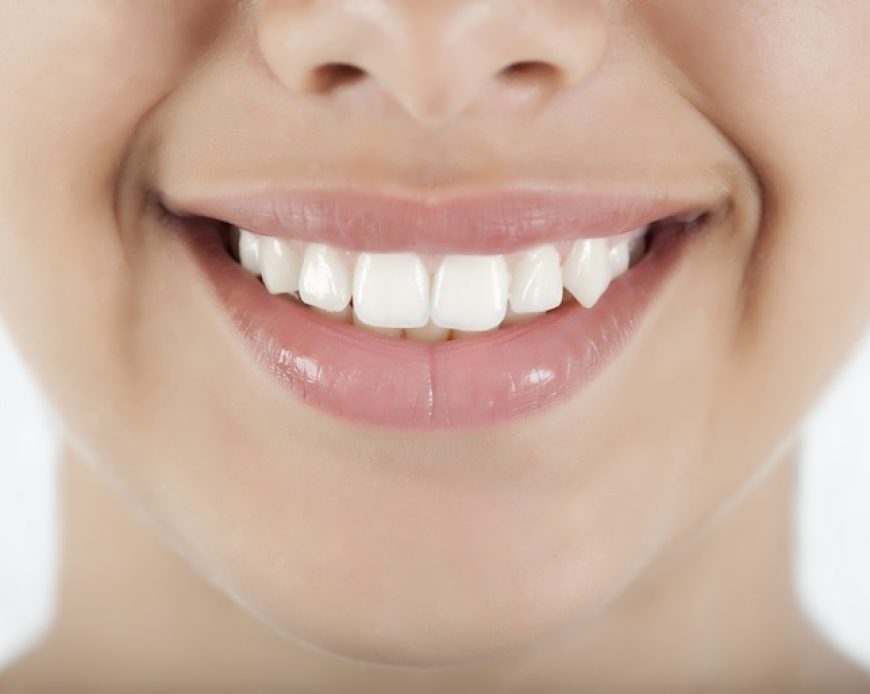What Are Cavities?
Cavities are structural damages in your teeth due to tooth decay. At any given time, there are many bacteria present in the mouth. These bacteria convert the sugar from food debris into acids, which attack the outer coating of the tooth (the enamel) and cause tooth decay. A combination of factors contributes to formation of cavities, including not cleaning your teeth well and frequent snacking or drinking of sugary beverages. Symptoms include visible pits in the teeth and toothache after consuming sweet, hot, or cold foods and drinks. If cavities are not treated, they can lead to large holes on the tooth and complications such as severe toothache, infection, and tooth loss.
Who Gets Cavities?
Anyone can get cavities, from infants to older adults. Cavities and tooth decay are one of the most common health problems around the world. They are especially common among children and young adults who do not pay attention to oral hygiene. Individuals with gum diseases, such as receding gums causing exposure of roots, are at higher risk of developing cavities. Pregnant women who frequently crave sugary foods are also more vulnerable.
How to Prevent Cavities and Tooth Decay
- Brush your teeth at least twice a day with fluoride-containing toothpaste.
- Floss between your teeth daily.
- Minimize snacking, especially candy, chips, and sticky food items.
- If possible, brush your teeth or rinse your mouth with water every time after eating.
- If your dentist thinks that you are at high risk of developing cavities, use a fluoridated mouth rinse.
- Drink more water or choose unsweetened/sugar-free beverages.
- Don’t drink only bottled water. Fluoride has been added to tap water to significantly reduce tooth decay.
- Visit your dentist regularly for oral examinations and x-rays to detect cavities and other dental problems.
- Have your teeth cleaned professionally every 6 months.




